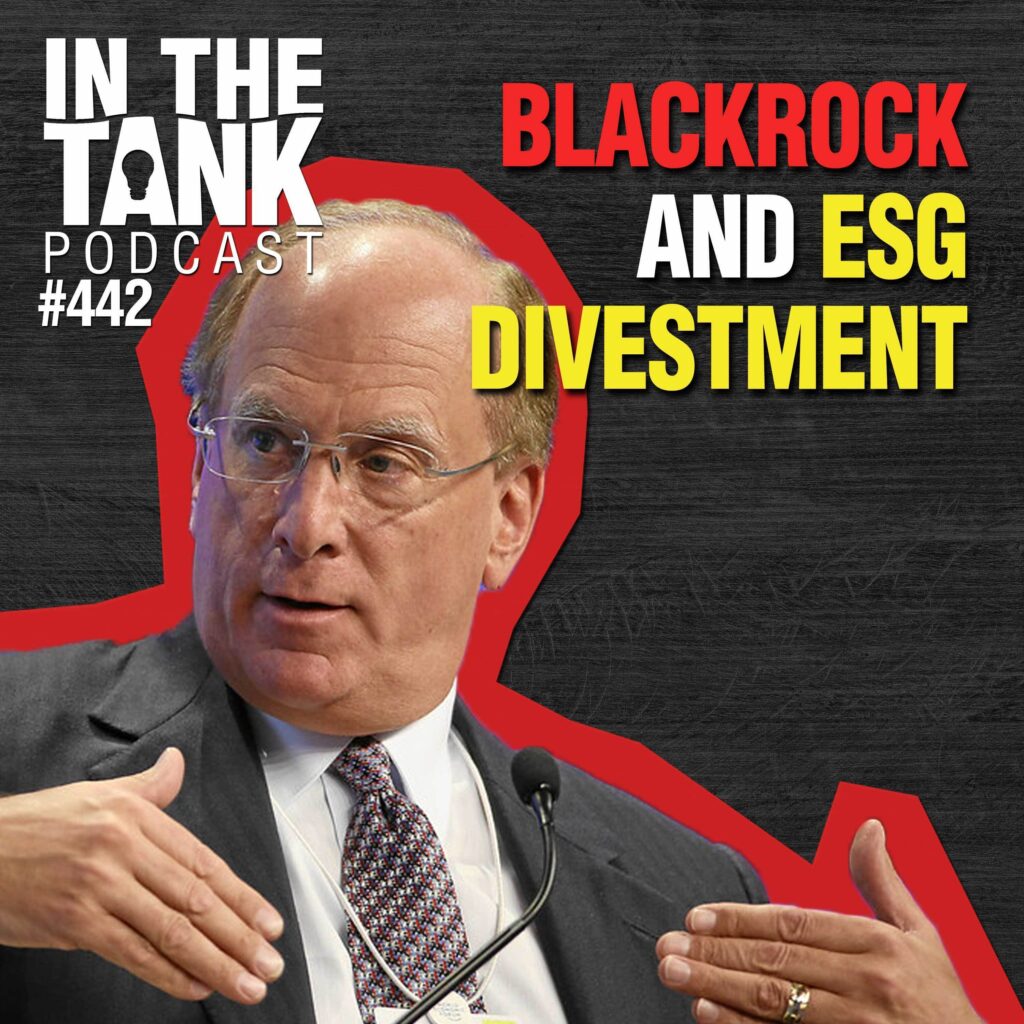For the past three-and-a-half years, high-tech sector officials and watchers have been patiently waiting and wondering if the Bush administration was ever going to formulate a serious broadband policy. Early speeches or announcements on the subject were quite ambiguous and generally characterized by plenty of talk about the importance of a broadband future, but they contained very little in the way of action items.
In his recent speech in Minneapolis, however, President George W. Bush finally decided to get more specific about his vision for this sector.
First, Bush proposed increasing access to federal lands for the purposes of laying more fiber optic cables or the placement of wireless transmission towers. That certainly can’t hurt broadband deployment, but access to state and local lands is the real problem here. Local right-of-way issues and wireless tower siting issues have long plagued this sector.
Bush’s plan addresses access only to federal lands because that’s the only thing over which he has clear jurisdiction. Conclusion: Bush deserves credit for trying to ease government-imposed burdens on broadband deployment, but there’s likely little he can do about the real impediments to deployment at the state or local level.
Encouraging Broadband
Bush stressed the importance of making the policy reforms necessary to encourage emerging broadband technologies, especially broadband over power lines and new wireless networks and applications. On the wireless front, Bush stressed the steps his administration has already taken to open up more spectrum for private bidding for next-generation wireless services as well as for unlicensed wireless broadband applications such as wi-fi and wi-max. Conclusion: On each of these agenda items Bush deserves praise for pushing alternative broadband connections for home and business. Even bolder reforms could be pursued on the spectrum front, but the FCC and Commerce Department deserve a great deal of credit for the important strides they have taken in recent years to liberalize the spectrum.
Bush reiterated his support for a permanent ban on state and local efforts to tax broadband access. His timing was important, because as he delivered his remarks the Senate was poised to give floor consideration to the extension of the Internet Tax Freedom Act, which contains a moratorium on such taxes but expired last fall. Conclusion: Bush deserves credit for once again making it clear that state and local governments shouldn’t be allowed to convert the Internet into another cash cow to be milked for billions of tax dollars.
The President’s speech made a specific point of mentioning that “we’re going to continue to support [FCC] Chairman Michael Powell’s … decision to eliminate burdensome regulations on new broadband networks’ availability to homes. Clearing out the underbrush of regulation,” Bush continued, “we’ll get the spread of broadband technology and America will be better for it.”
The press release the White House issued after the speech also singled out the FCC’s decision, pushed strongly by Powell, to free new fiber-to-the-home investments from traditional telecom regulations, especially the infrastructure-sharing provisions of the Telecommunications Act of 1996. Conclusion: Amen brother! But why weren’t you saying that two or three years ago, when Powell was pursuing this reform agenda at the FCC against significant opposition?
More to Come?
One hopes this is not the end of Bush’s support for emerging technologies, but just the beginning. While broadband reform will never make for a good stump speech or bumper sticker slogan, it is still vitally important to the future of our Information Age economy.
There are signs the Democratic Presidential candidate, Sen. John Kerry (D-Massachusetts), will be staking out his own broadband agenda in coming weeks and months, so there may be more to come. Kerry will likely support many of the same reform proposals Bush outlined but go further in terms of pushing a more activist role for Washington as promoter and subsidizer of broadband to the masses.
This is where Bush and his team will face a decisive moment: Do they want to follow suit, getting into a broadband spending war with Kerry? Or will Bush make an effort to prove the Republican Party really can be the party of smaller government, by proposing the comprehensive deregulation of communications and broadband?
“Broadband is going to spread,” Bush said, “because it’s going to make sense for private sector companies to spread it so long as the regulatory burden is reduced–in other words, so long as policy at the government level encourages people to invest” instead of discouraging investment.
Here’s hoping the President sticks to his guns on that promise.
Adam Thierer ([email protected]) is director of telecommunications studies at the Cato Institute in Washington, DC.



